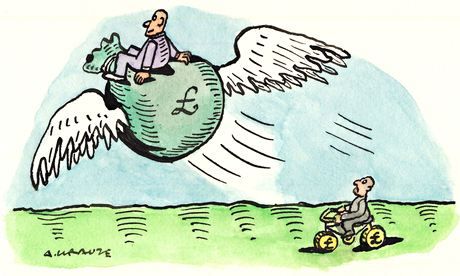Part I: Upright judges refuse to let the ministers run amok with the laws
Summary
The UK set up a law to force benefits receivers to work for free.
One of the "enforced slaves" sued the government.
The UK government has lost all the way to the Court of Appeal.
Good upright judges form an essential component of a good democratic country.
Summary
The UK set up a law to force benefits receivers to work for free.
One of the "enforced slaves" sued the government.
The UK government has lost all the way to the Court of Appeal.
Lord Justice Underhill, announcing that the decision of the high court had been upheld, said that in the cases of those claimants who had already appealed against their sanctions, the act was incompatible with their rights under the European convention on human rights. (The Guardian, 29 April 2016)The UK judges have once again refused to let their ministers run amok with their laws.
Good upright judges form an essential component of a good democratic country.







I have a feeling that eventually this will come to pass. I was just thinking that it would also probably result in an upsurge in arts participation, because it would constitute basic support for artists!